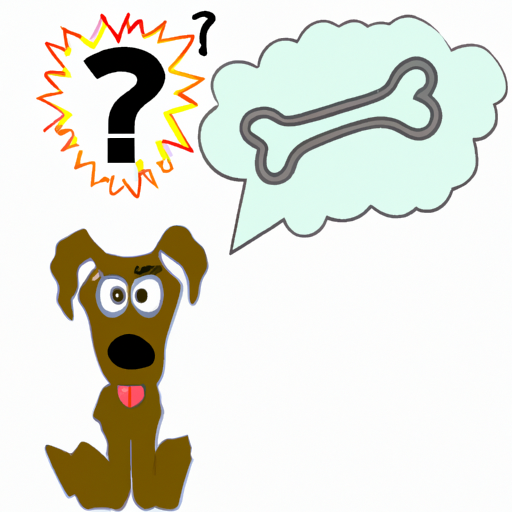As a caregiver to your canine companion, you might have noticed that dogs yelp for a variety of reasons. These reasons range from the physical, such as pain or discomfort, to the emotional, such as fear or anxiety. In this in-depth guide, we will explore why dogs yelp, what different yelps might mean, and how you can respond to help your furry friend.
Table of Contents
- Understanding Dog Communication
- Common Reasons Why Dogs Yelp
- Responding to Your Dog’s Yelping
- Frequently Asked Questions
Key Takeaways
- Dogs communicate in many ways, and yelping is one form of communication.
- Yelping can indicate pain, fear, excitement, or a need for attention.
- Responding to yelping should involve understanding the cause and providing appropriate care or training.
Understanding Dog Communication
Dogs communicate in a multitude of ways – through body language, facial expressions, and a variety of vocalizations. Yelping is one such vocalization that can convey a variety of emotions or signals. To fully understand why a dog might yelp, it’s crucial to comprehend this broader context of canine communication.
According to this article from One Top Dog, dogs utilize an intricate system of signals to communicate with each other and with their human companions. Understanding this language can vastly improve your relationship with your pet and help you cater to their needs more effectively.
Common Reasons Why Dogs Yelp
Dogs yelp for a variety of reasons. Some of the most common include:
-
Pain or Discomfort: This is perhaps the most common reason why dogs yelp. If your dog yelps when touched or during certain movements, it could be a sign of injury or illness. Be vigilant to other signs of discomfort like changes in eating habits or lethargy.
-
Fear or Anxiety: Dogs can yelp when they are scared or anxious. This could be a response to loud noises, unfamiliar environments, or other stressors. For more on dog anxiety, check out this helpful guide.
-
Excitement: Not all yelping is negative. Sometimes, dogs yelp out of sheer excitement or joy. If your dog yelps when you come home or during playtime, this is likely the cause.
-
Attention-Seeking Behavior: Dogs are social creatures and crave attention. If they feel ignored or neglected, yelping can be a way to get your attention.
Responding to Your Dog’s Yelping
Once you understand why your dog might be yelping, the next step is to decide how to respond. This will depend largely on the cause of the yelping.
-
Pain or Discomfort: If you suspect your dog is in pain, it’s important to seek veterinary attention immediately. Your vet can help diagnose the problem and suggest a treatment plan.
-
Fear or Anxiety: If your dog is yelping out of fear or anxiety, the best response is to remove them from the stressful situation if possible and provide comfort and reassurance. Training and socialization can also help reduce anxiety over time.
-
Excitement: Yelping out of excitement is generally not a cause for concern, unless it becomes disruptive. In this case, training can help manage the behavior.
-
Attention-Seeking Behavior: If your dog is yelping for attention, it’s important not to reward this behavior by giving in. Instead, try to provide attention and interaction at other times, and consider enrolling your dog in a training class or engaging the help of a professional dog trainer.
Frequently Asked Questions
1. Why does my dog yelp when I touch him?
Your dog might yelp when touched if they are in pain or discomfort. If this is a new behavior, it’s important to seek veterinary attention.
2. Why does my dog yelp for no apparent reason?
Sometimes, dogs yelp for reasons that are not immediately apparent to us. It could be a response to something they heard or smelled, or it could be a sign of discomfort or fear. If your dog is frequently yelping for no apparent reason, it’s worth discussing the behavior with a vet or a dog behaviorist.
3. How do I stop my dog from yelping?
The best way to stop your dog from yelping depends on why they are yelping. Understanding the cause can help guide the response, whether that’s seeking veterinary care, providing reassurance, or implementing training techniques.
In conclusion, yelping is a form of communication for dogs, and understanding it can deepen your bond with your canine companion. By paying attention to their signals and responding appropriately, you can ensure your dog’s wellbeing and happiness.



